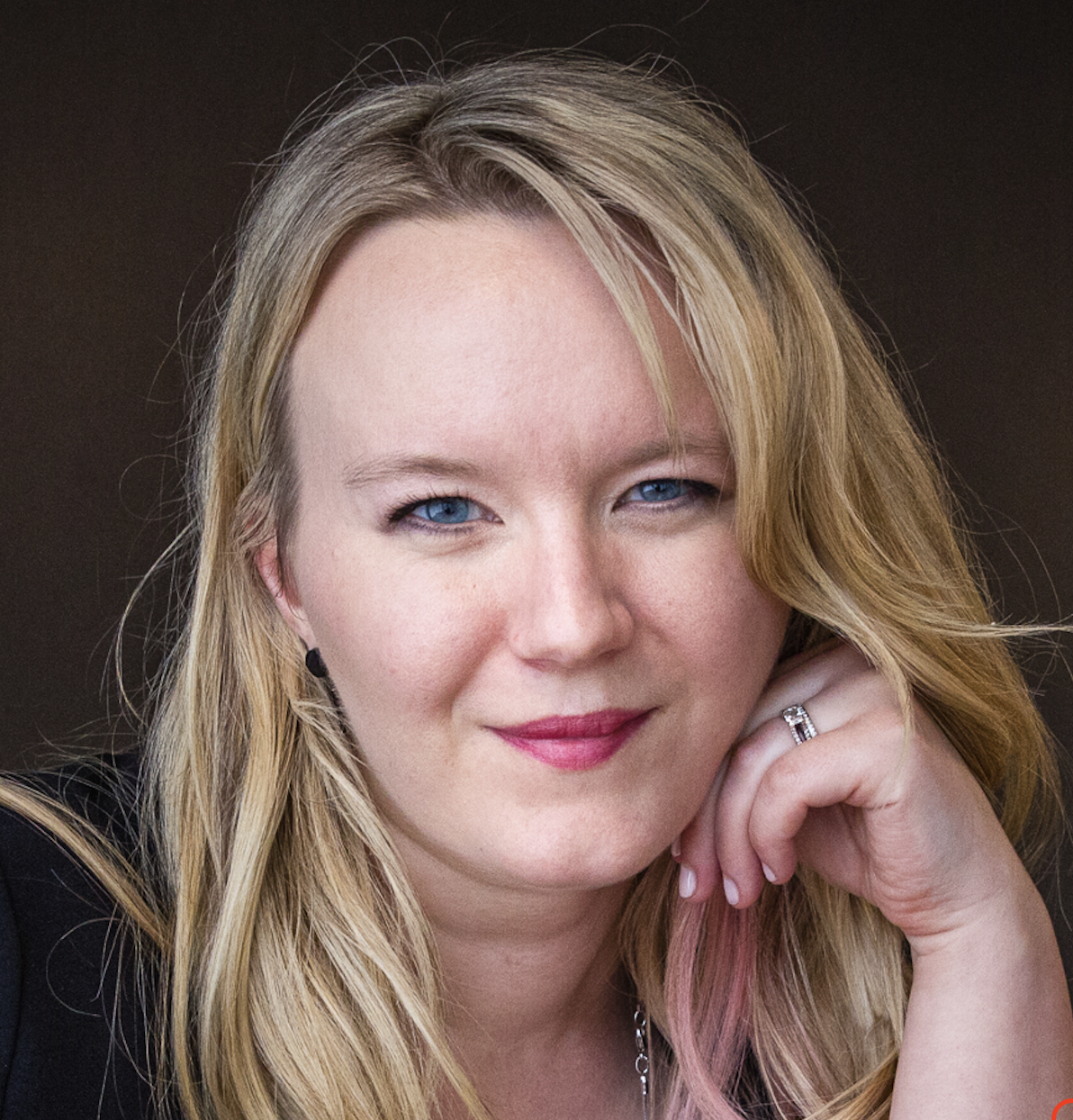
Today’s guest post is by book coach and editor Liz Green.
Worried you’re not enough of an expert to write your book? That’s OK. You don’t need to be the annoying expert who knows it all. There’s another—far more effective—approach you can take when talking to readers.
Let’s start here: What do you think I want from you? What do any of us want from any interaction with another human being?
Entertainment. Information. Compassion.
Right? Think about it.
What are you looking for when you have a chit-chat with your partner in the kitchen, or get talking to a new acquaintance at one of those awkward networking sessions, or sit down next to Auntie Edna at your cousin’s daughter’s wedding?
I bet you do NOT want to hear Auntie Edna brag about how her kids are sooooooo great, so accomplished, and so much better than your kids.
Cut it out, Auntie Edna.
In your book, no one wants to hear how you’re the be-all, bestest-ever, super-dooper, way-better-than-them savior of humankind. It’s as annoying as Auntie Edna after a glass-and-a-half of chardonnay.
Readers DO want assurance you know what you’re talking about, and they wanna sense they can trust you. But you don’t have to brag about being the best for that.
A much more effective route is to entertain, inform, and show compassion.
Imagine Auntie Edna polishing off her second glass of wine at the wedding reception, and leaning in to share some juicy stories about your cousin’s escapades at his new job, then quietly informing you of her daughter’s impending divorce (so you don’t put your foot in it by asking how the hubby is). Picture her gently asking how you’re feeling after those rough few months you’ve had, while she tops up your own wine glass.
How do you feel about Auntie Edna now? We like her better, right?
Bucketloads of humanity
Rather than being “expert enough,” you need to know enough about your subject to write about it honestly and insightfully. And beyond that?
You need to be human.
Entertaining.
Informative.
Compassionate.
I assume that even without being “an expert,” you still have something to say—something you suspect others will benefit from. So share that with bucketloads of humanity, and you’ll be just fine.
This approach will shift your book from:
“Do this! Then do that! Listen to the expert!”
to
“Let’s have a chat. I want to share something with you.”
It shifts it down the spectrum from strict self-help to being a little (or a lot) more memoir-y. Conversational. Story sharing.
The brilliant thing is you get to choose how far down the spectrum you go. You can choose to position yourself:
- As the authority standing on stage, giving an epic, powerful talk.
- As the admired teacher in a small classroom setting, guiding students by the hand.
- As the trusted friend sitting at the dining table, chatting over a cup of tea and whispering heartfelt advice.
Or anywhere in between.

Liz Green is the editor and book coach behind Green Goose Writing. She helps people who feel drawn to write a book that inspires others, but are stuck trying to get the words on the page. They’re used to getting things done and are frustrated that, for some reason, their memoir, self-help, or business book isn’t coming together. She helps them finally finish their book and feel proud of sharing their words with the world.
Liz has written 16 books, taught college writing classes, and edited countless manuscripts. She’s the founder of Write Your Book, an online course teaching first-time writers how to wrangle their ideas, write like a pro, and create a manuscript they’re insanely proud of.

I do not care about being more memoir-y, but being entertaining is incredible. It helped me a lot to be connected to people more.
I love hearing this! It’s all in service of connecting, right?!